“I will not eat for a month.” A student actually submitted the statement during the interactive ideation activity in University of Transport and Communications (UTC) Ho Chi Minh City campus. It might be mistakenly understood, wrongly translated from Vietnamese into English or we might be missing some context details. Still, this was a start to further understand of how Vietnamese students see their personal contribution to bigger and more impactful climate actions from around the world.
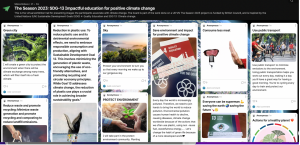
The statement was one of the 62 students’ ideas to tackle the impending climate change that were submitted as virtual exhibits during a session on Education for Sustainable Development: Tackling the Climate Crisis, held by UTC and Bournemouth University (BU) in Hanoi and Ho Chi Minh last October. This ultimate event is part of British Council projects called the UK/Viet Nam Season 2023 that celebrate 50 years of UK and Viet Nam diplomatic relations and 30 years of British Council in Viet Nam. BU and UTC collaborated a project named Multimedia resources for climate action in higher education that aims to create a multi-media SDG13 – Climate Action module in English and Vietnamese to support a cross-sectorial community of practice and build institutional capacity for Education for Sustainable Development. The inspiration for this project came from the Climate and Ecological Crisis unit on Brightspace, created by Prof.Fiona Cownie and members of the BU Sustainability Academic Network Steering Group.
Drawing from primary research on both universities, we found key themes for teaching sustainability-related subject in higher education. Provoking critical thinking ability of Higher Education students necessitates interactivity, diversity, multiple senses, and gamification. Through the forum seminar event in UTC Hanoi and Ho Chi Minh campuses, we adopted the PRME’s Impactful Five (i5) learning method which includes Joyful, Socially interactive, Actively engaging, Meaningful, and Iterative.
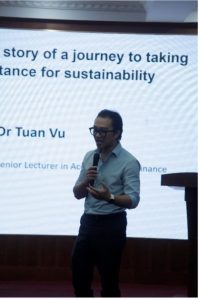
There were four of 15-minutes activities and an hour game for students in UTC during the event.
First, introductory speech to the project and climate actions Sustainable Development Goals (SDGs) by the project lead, Dr Milena Bobeva (BU Senior Principal Academic) and Dr Ngo Van Minh (UTC Deputy Director of International Cooperation and Development Studies). Second, inspiring personal journey takeaways by Dr Tuan Vu (BU Senior Lecturer in Accounting and Finance). Despite its classical format, the students felt it more meaningful as they related well with Tuan who delivered the speech in Vietnamese.
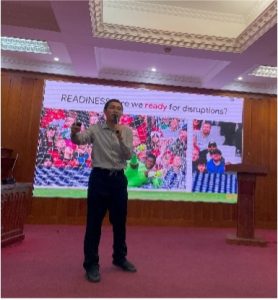 Third, a fast-paced Ignite presentation by Rama Permana (BU PGR in Sustainable Travel). Using eccentric images with few surprises, students found it joyful to follow compared to the usual-boring presentation format. A short competition was held for the third activity. Students were asked about climate actions in a Mentimeter quiz that was guided by Dr Tuan Vu. Whilst this activity requires active engagement from the students, the questions include repetitive climate action and SDGs knowledge that was previously discussed in the event. The iterative cycle on repeated themes was intentionally set for students to easily memorise the information.
Third, a fast-paced Ignite presentation by Rama Permana (BU PGR in Sustainable Travel). Using eccentric images with few surprises, students found it joyful to follow compared to the usual-boring presentation format. A short competition was held for the third activity. Students were asked about climate actions in a Mentimeter quiz that was guided by Dr Tuan Vu. Whilst this activity requires active engagement from the students, the questions include repetitive climate action and SDGs knowledge that was previously discussed in the event. The iterative cycle on repeated themes was intentionally set for students to easily memorise the information.
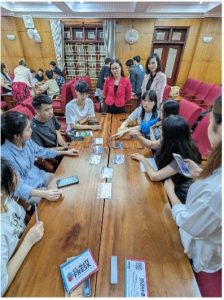
Further, guided by Dr Milena Bobeva, the students were required to 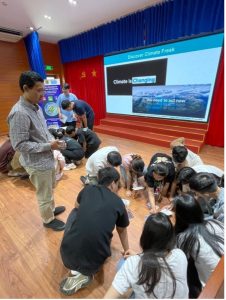 contribute to climate action ideas on a real-time Padlet. Through this interactive ideation activity, students were asked to post online either their individual or social climate action(s). The final hour activity was more socially interactive. We divided them into groups to solve climate change causal relationships card game in a Climate Fresk taster activity. Starting with a brainstorming session, students were actively engaged in ordering the cards correctly. This session was guided by
contribute to climate action ideas on a real-time Padlet. Through this interactive ideation activity, students were asked to post online either their individual or social climate action(s). The final hour activity was more socially interactive. We divided them into groups to solve climate change causal relationships card game in a Climate Fresk taster activity. Starting with a brainstorming session, students were actively engaged in ordering the cards correctly. This session was guided by
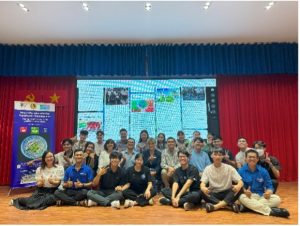 The student participants were highly satisfied with these activities in the post-event survey, representing the usefulness of those relatively new methods to higher education in Viet Nam. It also implies a successful knowledge exchange between BU and UTC. Our project partners also responded positively, asking for more information on the tools we have been using and confirming that they will try these activities in their own sessions.
The student participants were highly satisfied with these activities in the post-event survey, representing the usefulness of those relatively new methods to higher education in Viet Nam. It also implies a successful knowledge exchange between BU and UTC. Our project partners also responded positively, asking for more information on the tools we have been using and confirming that they will try these activities in their own sessions.
We are now finalising a website as our project output, documenting the resources and the events for a wider community of practice interested in climate action for higher education. We do hope that our work on this project is just the beginning for embedding SDGs in Vietnamese Higher Education and that our partner will continue the climate action by raising awareness in other communities in the country.
Author: Rama Permana, Doctoral student at BUBS; Project and research assistant for The Season 2023 project; with small contributions from M.Bobeva
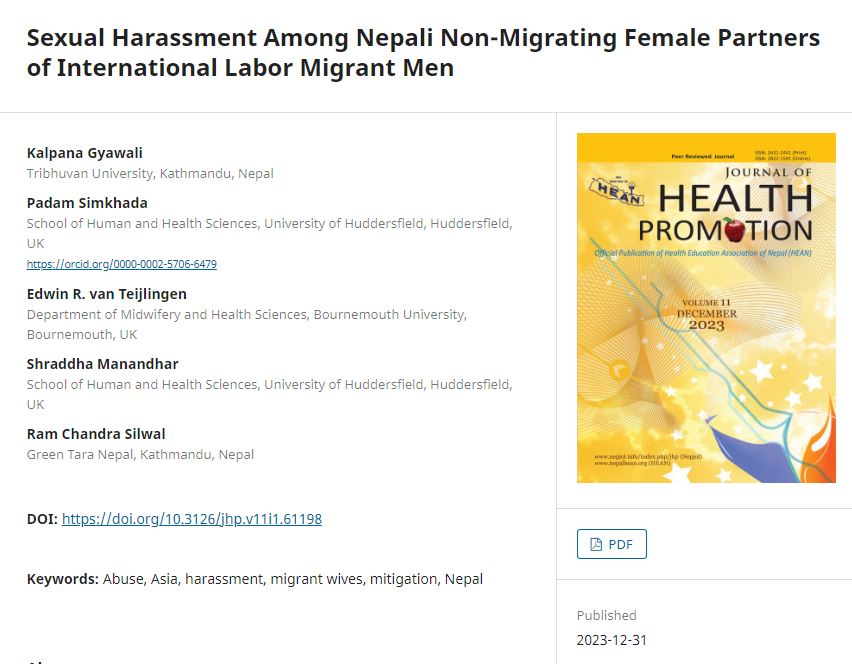 On the last day of 2023 the Journal of Health Promotion published the paper ‘Sexual Harassment Among Nepali Non-Migrating Female Partners of International Labor Migrant Men’ [1]. This paper, in an Open Access journal, addresses one of the consequences of male labour migrants leaving their family members behind in Nepal. While non-migrating spouses often receive financial support in the form of remittances, their husbands’ migration also creates numerous social and personal problems. This qualitative study explored non-migrating spouses’ experience of sexual harassment/abuse and its impact on their mental health. Fourteen in-depth interviews were conducted and women reported experiencing harassment by men they knew, including their teachers and colleagues, who knew their husbands were abroad. But none of the women reported taking any action against their perpetrators, indicating a lack of power in this study population in still predominantly patriarchal society.
On the last day of 2023 the Journal of Health Promotion published the paper ‘Sexual Harassment Among Nepali Non-Migrating Female Partners of International Labor Migrant Men’ [1]. This paper, in an Open Access journal, addresses one of the consequences of male labour migrants leaving their family members behind in Nepal. While non-migrating spouses often receive financial support in the form of remittances, their husbands’ migration also creates numerous social and personal problems. This qualitative study explored non-migrating spouses’ experience of sexual harassment/abuse and its impact on their mental health. Fourteen in-depth interviews were conducted and women reported experiencing harassment by men they knew, including their teachers and colleagues, who knew their husbands were abroad. But none of the women reported taking any action against their perpetrators, indicating a lack of power in this study population in still predominantly patriarchal society.

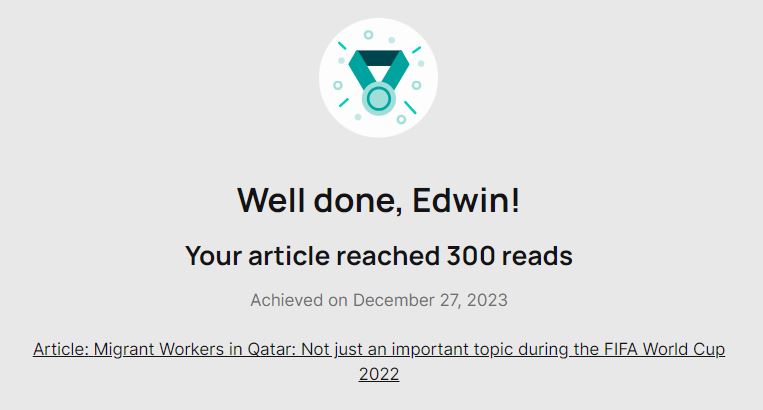
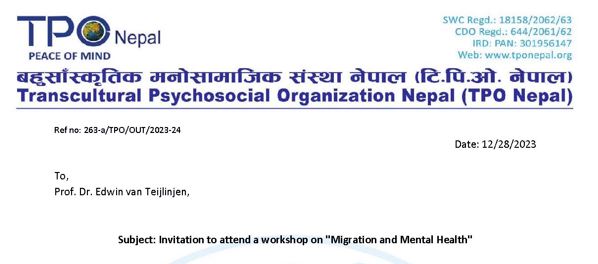
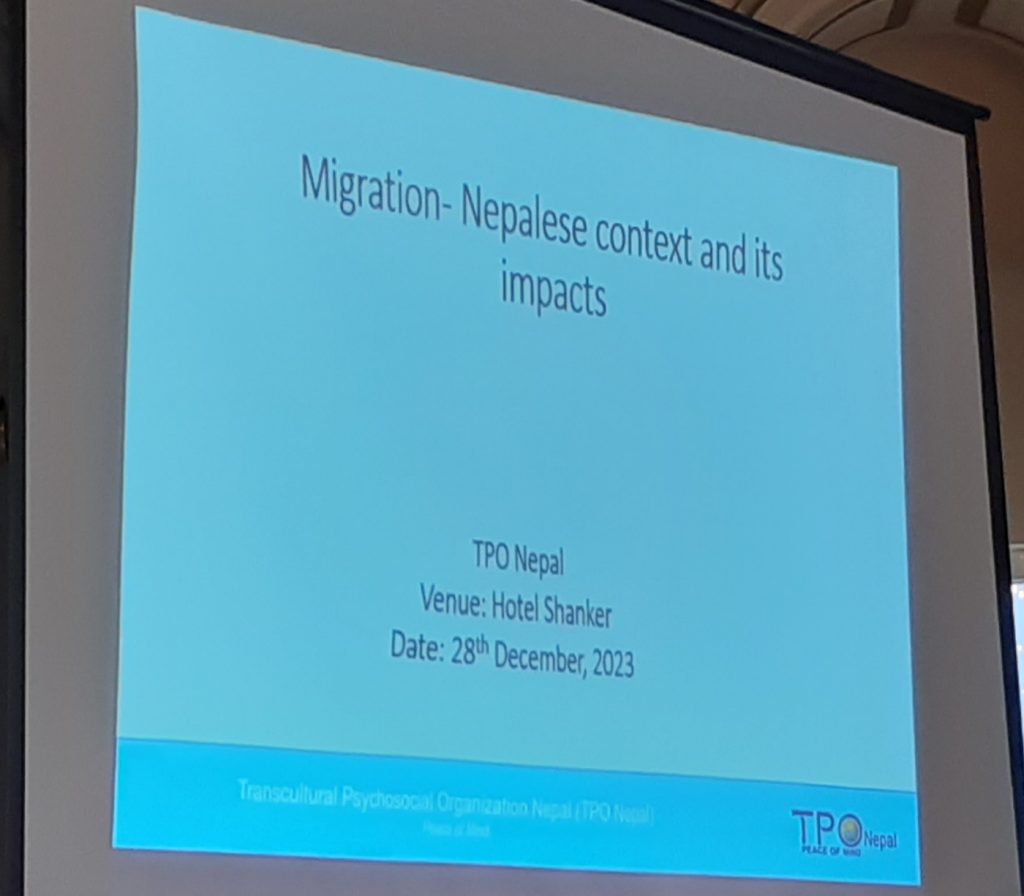
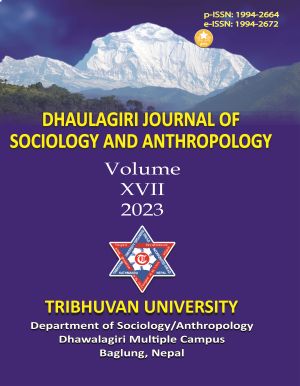
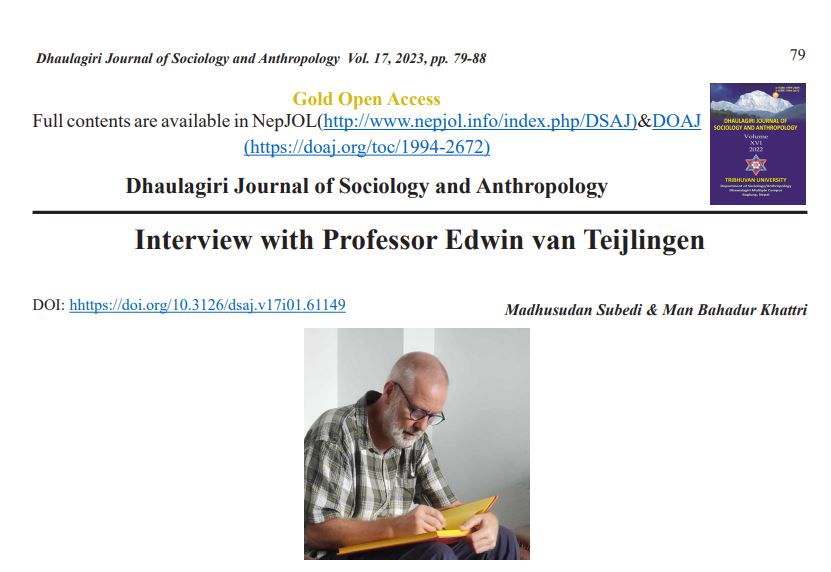
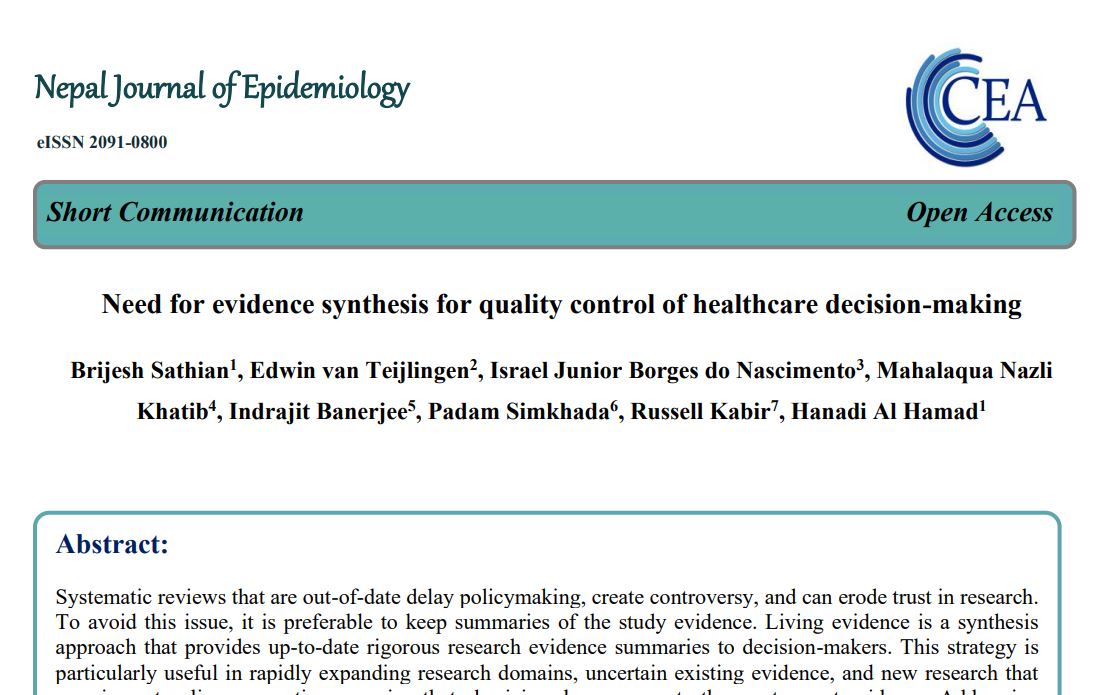
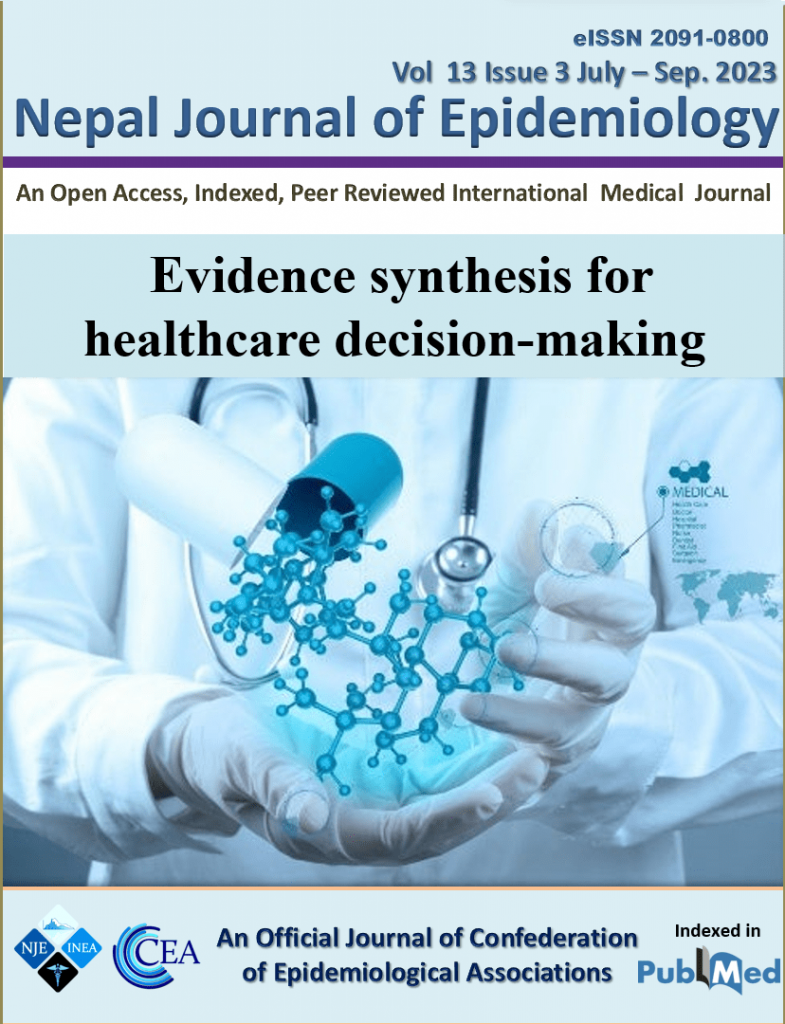
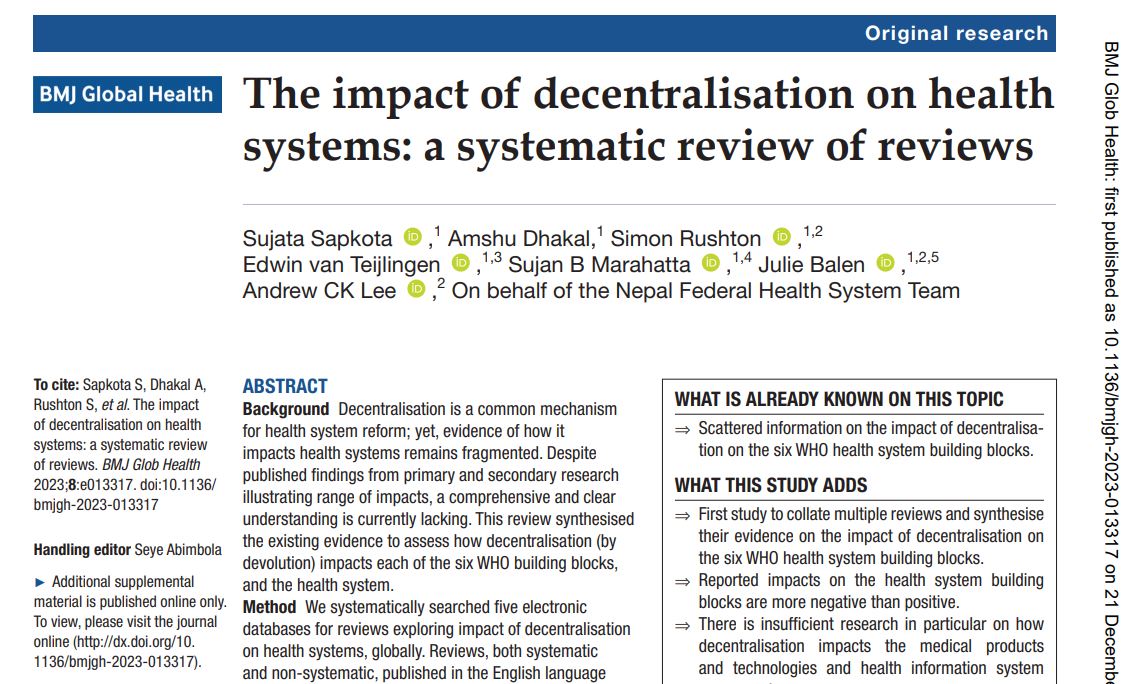
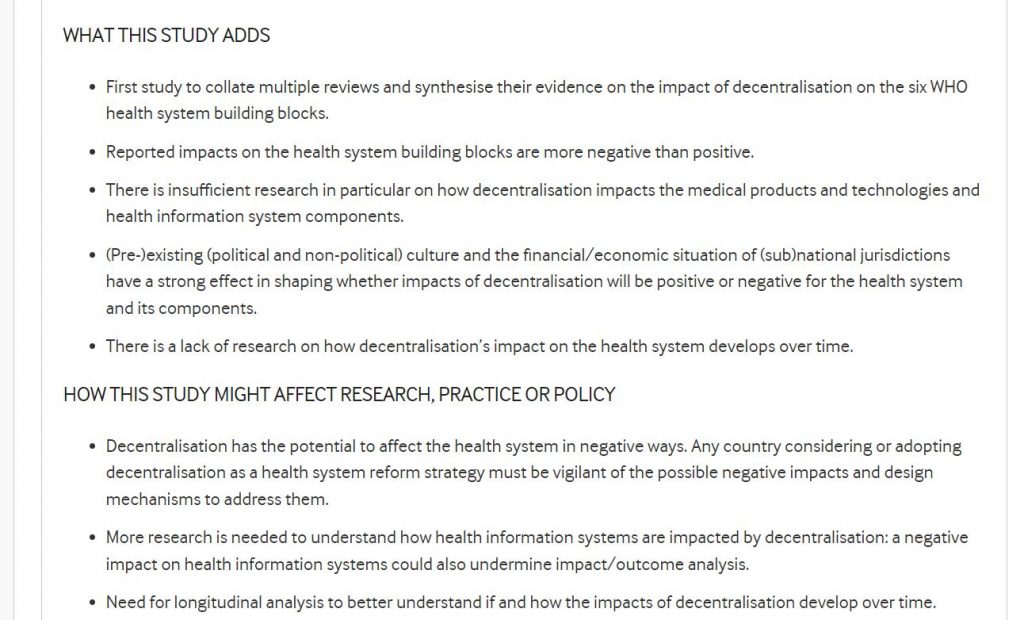
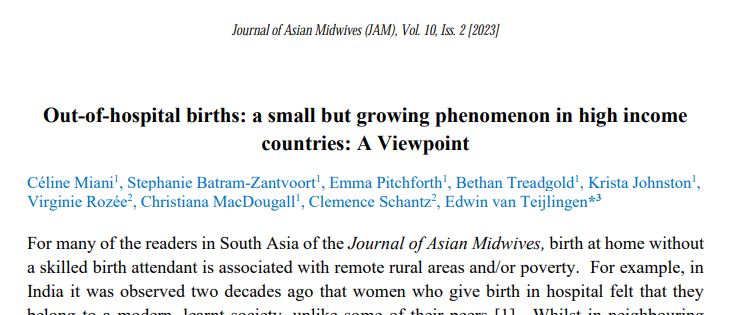



 Third, a fast-paced Ignite presentation by Rama Permana (BU PGR in Sustainable Travel). Using eccentric images with few surprises, students found it joyful to follow compared to the usual-boring presentation format. A short competition was held for the third activity. Students were asked about climate actions in a Mentimeter quiz that was guided by Dr Tuan Vu. Whilst this activity requires active engagement from the students, the questions include repetitive climate action and SDGs knowledge that was previously discussed in the event. The iterative cycle on repeated themes was intentionally set for students to easily memorise the information.
Third, a fast-paced Ignite presentation by Rama Permana (BU PGR in Sustainable Travel). Using eccentric images with few surprises, students found it joyful to follow compared to the usual-boring presentation format. A short competition was held for the third activity. Students were asked about climate actions in a Mentimeter quiz that was guided by Dr Tuan Vu. Whilst this activity requires active engagement from the students, the questions include repetitive climate action and SDGs knowledge that was previously discussed in the event. The iterative cycle on repeated themes was intentionally set for students to easily memorise the information.
 contribute to climate action ideas on a real-time Padlet. Through this interactive ideation activity, students were asked to post online either their individual or social climate action(s). The final hour activity was more socially interactive. We divided them into groups to solve climate change causal relationships card game in a
contribute to climate action ideas on a real-time Padlet. Through this interactive ideation activity, students were asked to post online either their individual or social climate action(s). The final hour activity was more socially interactive. We divided them into groups to solve climate change causal relationships card game in a  The student participants were highly satisfied with these activities in the post-event survey, representing the usefulness of those relatively new methods to higher education in Viet Nam. It also implies a successful knowledge exchange between BU and UTC. Our project partners also responded positively, asking for more information on the tools we have been using and confirming that they will try these activities in their own sessions.
The student participants were highly satisfied with these activities in the post-event survey, representing the usefulness of those relatively new methods to higher education in Viet Nam. It also implies a successful knowledge exchange between BU and UTC. Our project partners also responded positively, asking for more information on the tools we have been using and confirming that they will try these activities in their own sessions.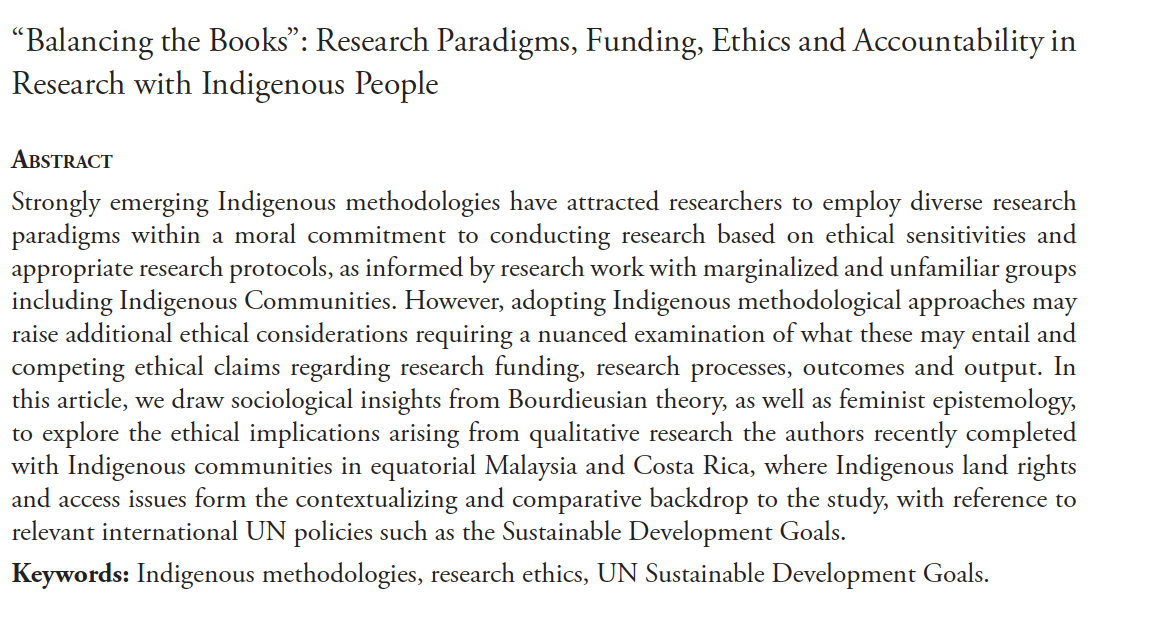
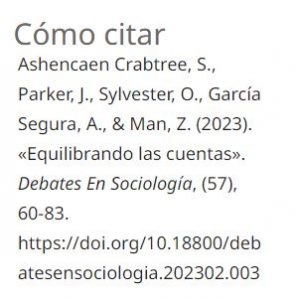
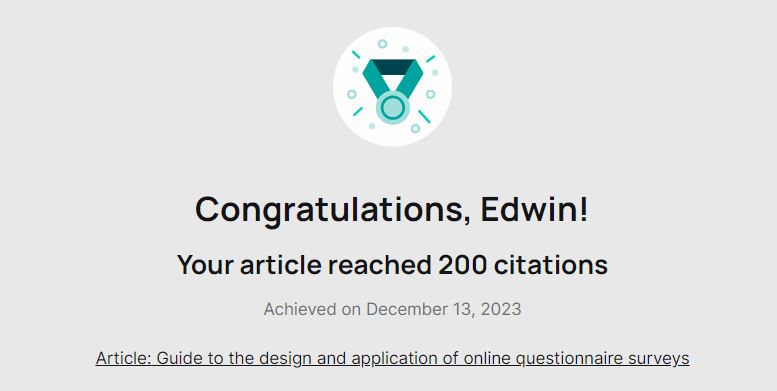
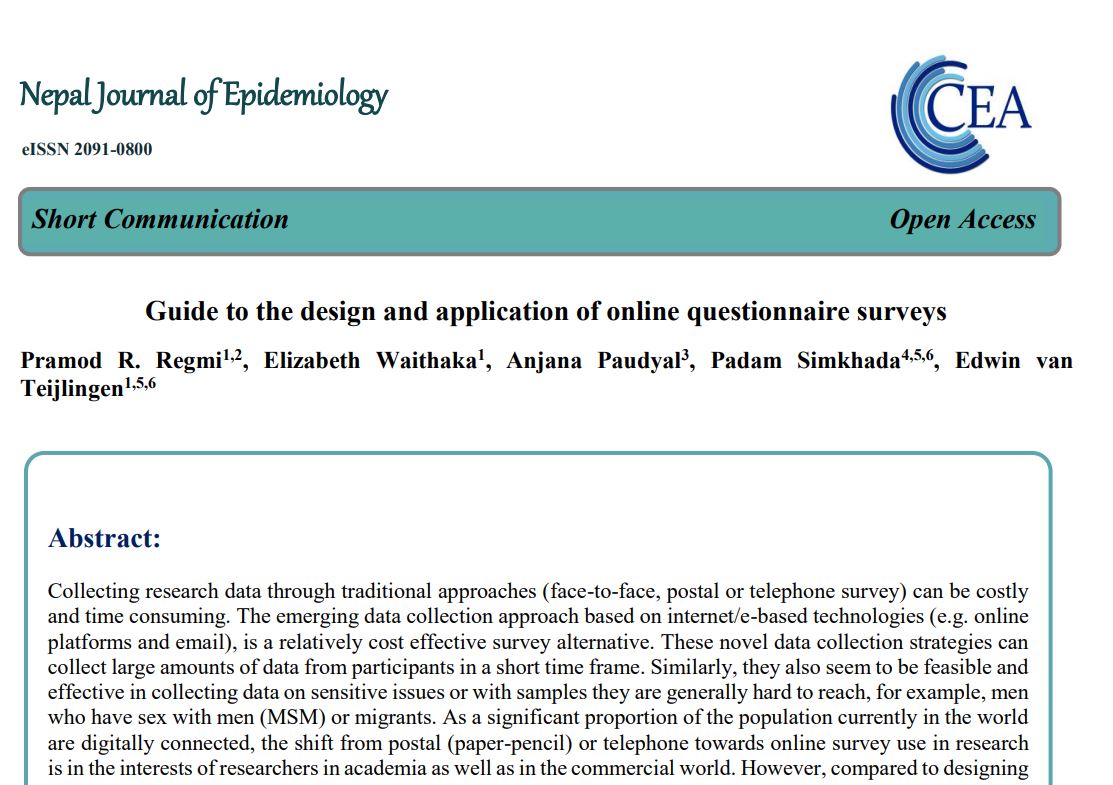

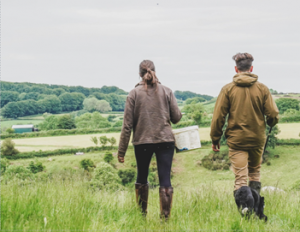

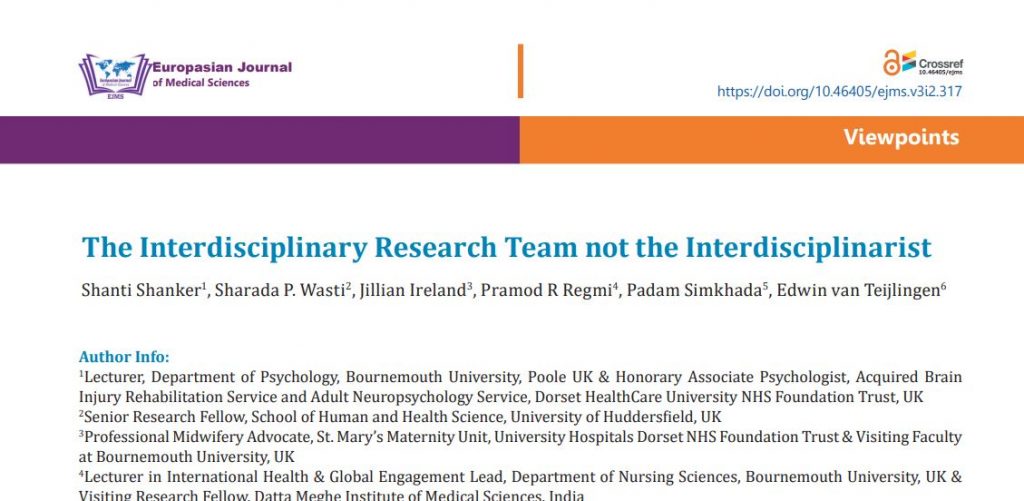
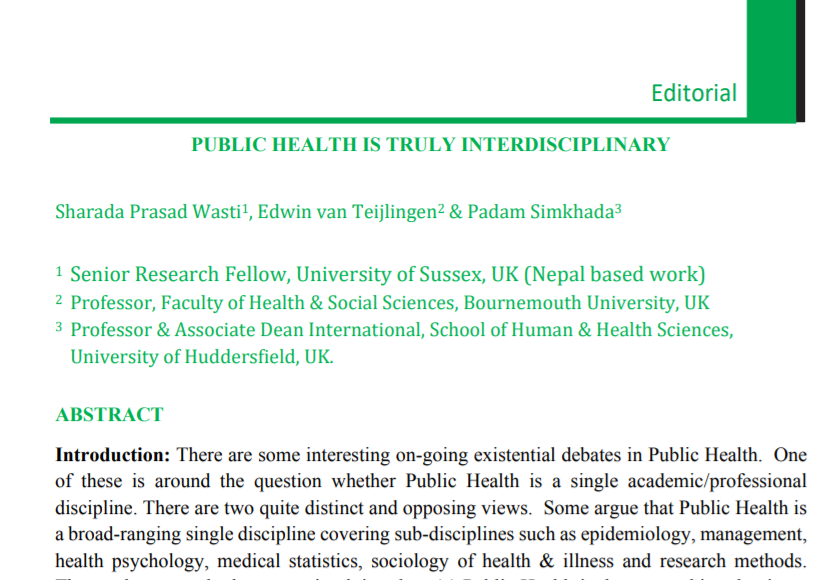
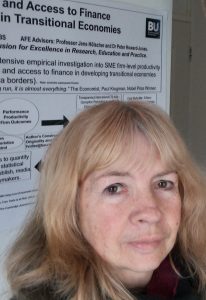
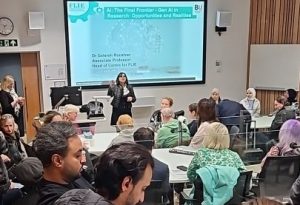
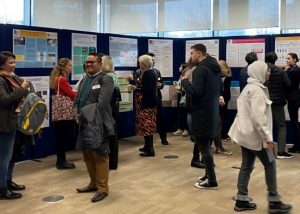

 Today we received notice that our paper ‘The impacts of decentralisation on health systems: a systematic review of reviews’ has been accepted by the international journal BMJ Global Health. [1] This review of reviews was produced as part of the Nepal Federal Health System Project, examining the consequences for the health system of Nepal’s move to a federal government structure. This is a joint project (2020-2024) led by the University of Sheffield and in collaboration with Bournemouth University, the University of Huddersfield,
Today we received notice that our paper ‘The impacts of decentralisation on health systems: a systematic review of reviews’ has been accepted by the international journal BMJ Global Health. [1] This review of reviews was produced as part of the Nepal Federal Health System Project, examining the consequences for the health system of Nepal’s move to a federal government structure. This is a joint project (2020-2024) led by the University of Sheffield and in collaboration with Bournemouth University, the University of Huddersfield, 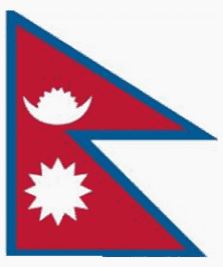
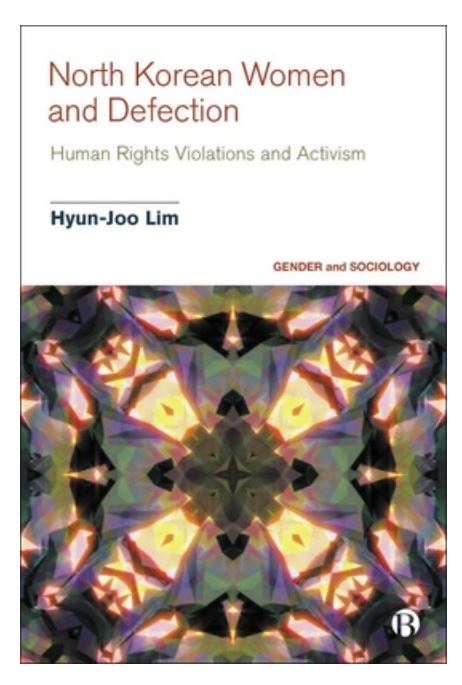
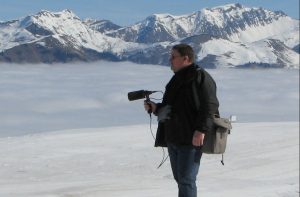











 Upcoming opportunities for PGRs – collaborate externally
Upcoming opportunities for PGRs – collaborate externally BU involved in new MRF dissemination grant
BU involved in new MRF dissemination grant New COVID-19 publication
New COVID-19 publication MSCA Postdoctoral Fellowships 2024
MSCA Postdoctoral Fellowships 2024 Horizon Europe News – December 2023
Horizon Europe News – December 2023